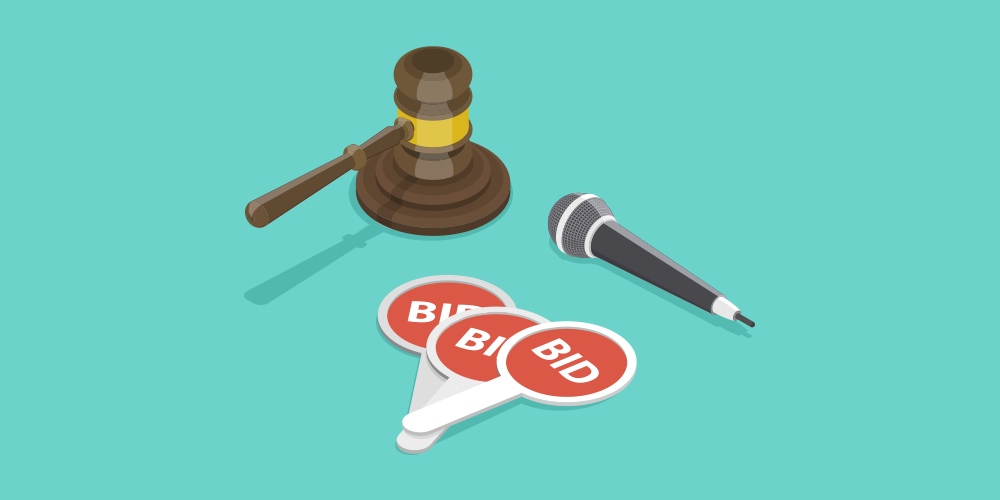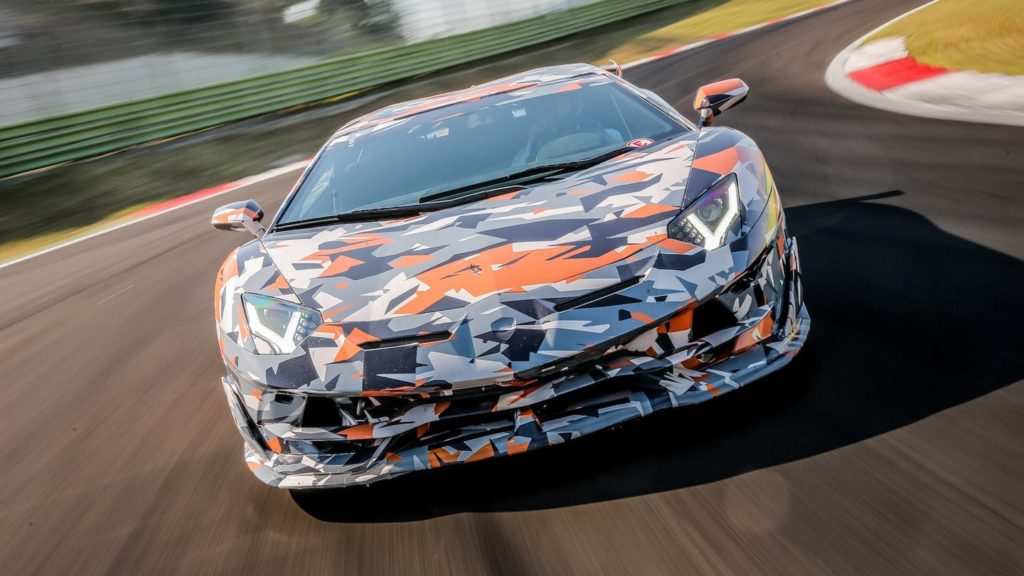
With 6 Google Certifications and practical experience in Google Ad accounts, I wonder out loud if Smart Bidding just isn’t that Smart in the Automotive space.
Google’s Smart Bidding uses machine learning to optimize bids to maximize conversions and conversion value across your campaigns or bidding portfolios. Target CPA, Target ROAS, Max Conversions, and Enhanced CPC are all Smart Bidding strategies.
Sounds good until you separate the sizzle from the steak:
Here’s why–
One – Impression Share Matters More
The Best Target for automotive is impression share so that you moderate against seasonal demand. Smart bidding looks at conversion values. In down markets, Smart bidding would thus force bidders to pay a premium for a non-sale conversion which would unnecessarily drive up your corresponding cost per sale. Not good.
Two – A High Volume of Conversions that Aren’t Truly Conversions
There’s no worse place to be than here. If you bid to form fills, phone calls, texts or even time on site you will be paying for conversions that aren’t really the ultimate conversion. The ultimate conversion is sales. What if you have four hundred conversions that you track?
The beginning of the end would be when automotive retailers that signed up for Smart Bidding inadvertently went wild to secure phone calls–which IS one of the defined conversions. However, what if half of those phone calls went to the service drive? At least we’d finally know which half of our new car advertising was being wasted!
Now think about your ultimate closing ratios on the above preliminary indicators and
know that the car business wasn’t designed for smart bidding. But wait there’s more.
Three—But Budgets are Constrained
Smart bidding works best when budgets are NOT constrained. Think of Target Return on Ad Spend. If you will imagine it as an online checkout world that finalizes transactions. Thus, you should know that you were getting money back on your advertising spend. As such, you’d be inclined to advertise more and let the dollars work themselves out as efficiently as possible as you look for your Return on Investment.
However, when you consider what that means to automotive and that the conversions being tracked are NOT ACTUAL transactions… it might make you sit back in your chair like you would if you were punching a Bugatti Chiron Sport off the line.

Fourth—The Conversion Delay is <7 Days for the Learning Period
The time lag for learning in auto is annualized; however, Google’s smart bidding process follows a 7 day learning period. Look no further than the common frame of reference in our industry of the Seasonally Adjusted Annualized Rate (SAAR).
As such, Google could best serve us by tracking conversions for 365 days and applying seasonal considerations to the automotive industry.
I ask because I believe Google will eventually come through. Until then, we calculate on our own as a Texas Digital Marketing Agency which benefits our clients.
Until Google steps in using 7 days’ worth of conversions isn’t so smart in the automotive space either.
Google Ads is a wonderful, powerful tool for automotive retailers when properly applied.
This is a friendly reminder that Smart Bidding isn’t really meant for the Automotive Space and that you should be wary of agencies or individuals that advise otherwise.
